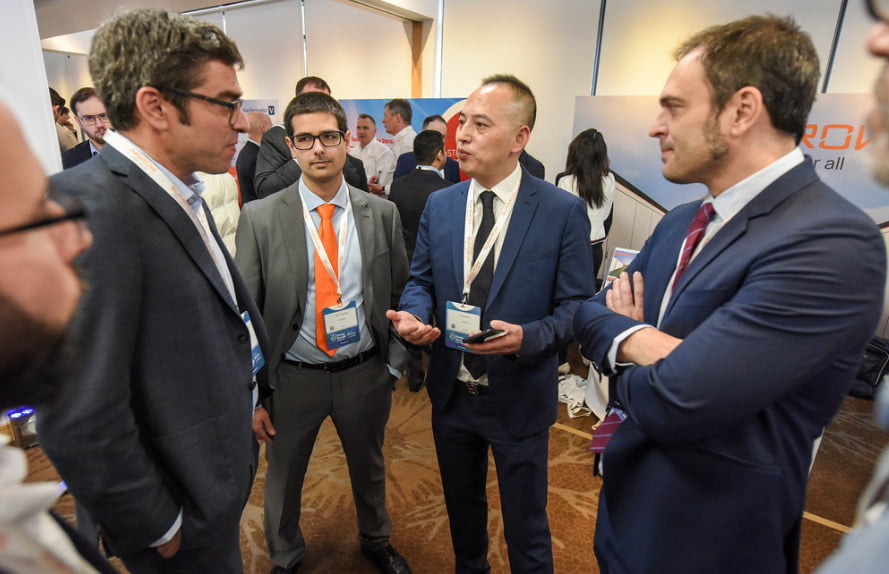
“We are also trying to set up our own cell manufacturing soon because that is the really key thing to the storage of the energy and the long-term life of the BESS, and controlling quality. Next year we’re hoping to have a production line producing our own lithium-ion battery cells”.
James Li was speaking to the site at the Energy Storage Summit EU last week. Solar PV giant Trina Storage launched its latest BESS solution which uses in-house manufactured lithium-ion cells at the event.
The moves are part of a wider industry trend of China’s BESS providers moving upstream and manufacturing their own battery cells to integrate into BESS systems. The trend has been noted previously by industry commentators including BloombergNEF’s head of energy storage Yayoi Sekine when it launched its BESS Tier 1 list in January (Premium access).
Downward vertical integration has already happened, with battery manufacturing companies like CATL, BYD and LG Energy Solution launching their own integrated BESS products. Sungrow, Huawei and BYD were in the top five BESS providers by 2022 deployments according to Wood Mackenzie.
Other benefits of using in-house cells in BESS solutions to what Li mentioned include a more integrated design potentially allowing for better mitigation of potential fire safety risks.
It also allows providers to offer an energy density superior to pure-play system integrators, whose modular design allows for optionality but at the expense of energy density. Energy density is becoming key for the industry.

